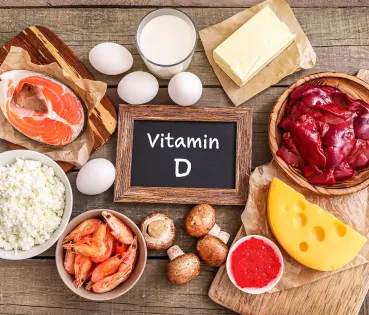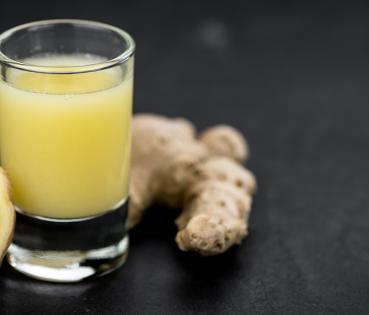
Benefits and drawbacks of plant-based drinks
Currently the market for plant-based drinks is booming. They are available in supermarkets, cafeterias and restaurants. What benefits and drawbacks do they have?
Plant-based drinks are liquids made from ingredients such as cereals, legumes or nuts. They started as an alternative to animal milk (cow, goat and sheep milk). This is why they used to be referred to as vegetable milks, until 2017, when the European Union Court of Justice ruled that the terms milk and dairy products should be reserved exclusively for products of animal origin.
In recent years, this type of drink has become increasingly popular, especially among people with allergies or intolerances, as well as among those who want to limit their intake of foods of animal origin.
Types of plant-based drinks
Nowadays there are many types of vegetable drink, depending on the ingredients they contain. There are options based on cereals, legumes, nuts, seeds or fruits such as coconut. The most widespread ones are:
- Soy drink. Made from soybeans, it is richer in protein than the other plant-based options. On the other hand, its carbohydrate content is very limited (less than 1%) and it has very little fat (less than 2%). An unsweetened soy drink is the closest to cow's milk in nutritional terms.
- Oat drink. Because it is made from a cereal, it contains more carbohydrates.
- Almond drink. As with other nut drinks, almond drink has a higher fat content, mostly monounsaturated.
- Rice drink. As occurs with oat-based drinks, rice drinks have a substantial carbohydrate content (10%).
Other options that are commercially available are coconut, hazelnut, pea, nut and hemp drinks, among others.
What are the benefits and drawbacks of plant-based drinks?
Many people are replacing cow's milk with plant-based drinks, but are they really a better option? In the table below, we list the benefits and drawbacks of plant-based drinks compared to milk.
What should we keep in mind when choosing plant-based drinks?
The most important thing to keep in mind when choosing a plant-based drink is to avoid any product that contains added sugars. Some plant-based drinks have cocoa or vegetable fats added to them to achieve a taste and texture resembling a chocolate milkshake. These products often contain sweeteners, such as sugar, fructose or glucose syrup, so they are not particularly good choices.
We should also check the percentage of the main ingredient in a vegetable drink. Ideally, we should aim for more than 5%. For example, an oat drink should contain at least 5 grams of oats per 100 ml.
Some vegetable drinks are fortified with calcium, vitamin D and vitamin B12. This is not a requirement, but in some cases, this may be a good reason to choose one product over another.




